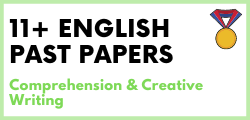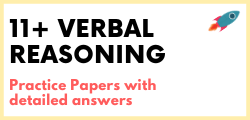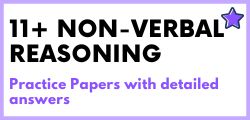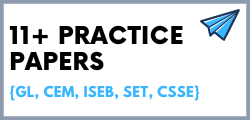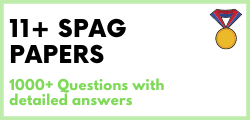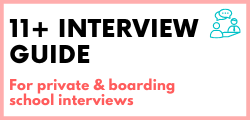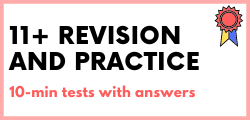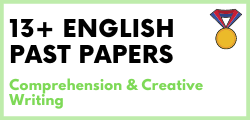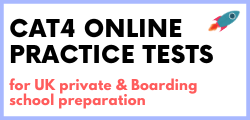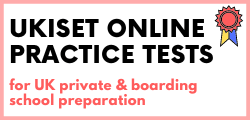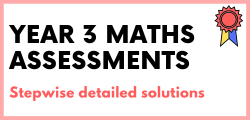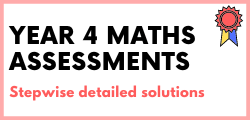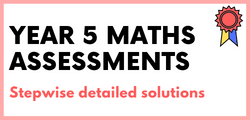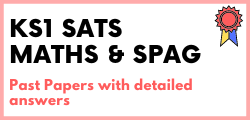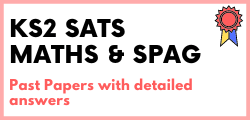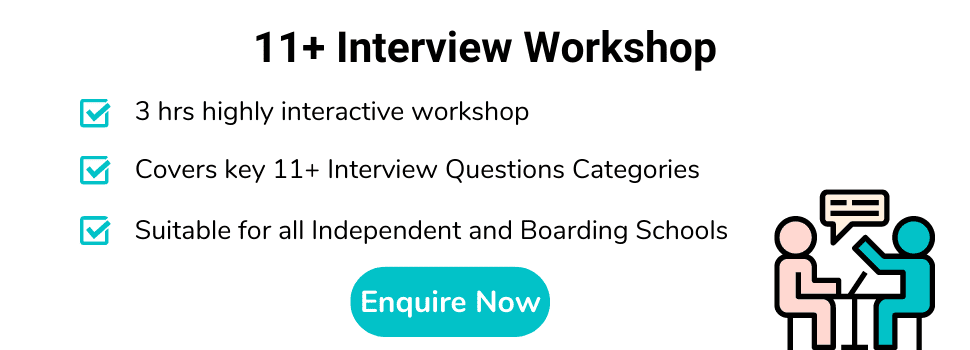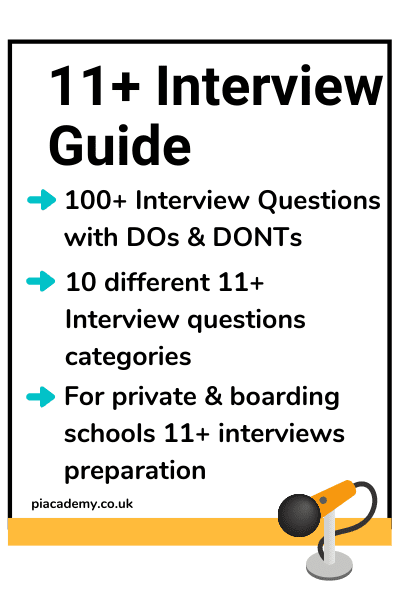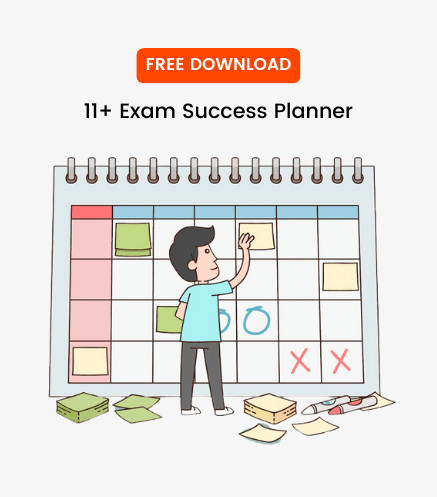Introduction to 11+ Interview
In order to prepare for 11 plus interviews, it is important to understand why the child is being interviewed in the first place and what the interviewer is trying to get out of it. Then, getting the interviewer what he wants shouldn’t be all that difficult!
The 11+ interview is not an intelligence assessment – academic capacity is tested by the 11+ exams. It serves as a chance to learn more about the child. The private and boarding school interview questions are intended to find out about the child’s emerging personality, passions, and interests.
Table of contents
- Introduction to 11+ Interview
- Typical Private and Boarding School 11+ Interview Questions
- End of the 11+ Interview
The school wants to know whether your child will fit into their school: does he correspond to its ethos? Will he thrive in its particular environment? Will he benefit from its facilities? Likewise, the interviewer’s task is to make sure that the child will benefit the school as well.
The 11plus interview also serves to examine the child’s thought processes. Exams can tell whether a child is smart, but ticking the right boxes doesn’t show much about the way they think.
As a result, private and boarding school 11+ interview questions are quite open-ended and it’s not much about rights and wrongs; rather, it is about seeing that the child can create their own opinion and justify it. Having a different opinion from the interviewer shouldn’t have an impact on the interview; not having an opinion or presenting an opinion without being able to explain it might.
Typical Private and Boarding School 11+ Interview Questions
The interview is ultimately a session of questions and answers so make sure your child has some answers prepared. However, by being prepared we don’t mean reciting pre-written answers.
Rehearsed answers are easily recognisable and they are the equivalent of not being able to come up with an answer: remember that the interviewer wants to see your child’s thought processes.
Pausing and taking time to come up with a response will definitely come across better than repeating a parent’s or a tutor’s words.
Personal Questions asked in 11+ Interviews
- What is your favourite subject at school?
- Why is this subject your favourite one?
- What do you like about your current school?
- What books do you read in your free time?
- Describe yourself in three words?
- What would you like to be when you grow up?
- Describe your perfect day.
- What would you like to be doing in ten years time?
- What do you find difficult and why?
- What is your favourite thing to do when you are not at school?
- Do you have any hobbies?
- What sports do you like?
When it comes to answering personal questions, the interviewer wants to learn as much about you as possible so they will often ask what you enjoy outside of the classroom.
It is good to have a few things that you can discuss with enthusiasm to show your interests. Remember, there’s no need to rehearse, there’s not just one way to answer these questions. It is just important for a student to discuss what they really care about, and show they have more to offer than just grades.
Academic Questions asked in the Interviews
There are, however, some questions which will come up at most private school 11+ interviews. Children should be prepared to say which subjects they like and why, why they are applying to the particular school, and whether they have any future ambitions.
The child should be well acquainted with what the school offers and be able to say why that fits him, as this is what the interviewers are looking for.
- Why do you want to come to this school?
- What is it about this school that particularly appeals to you?
- What did you like on the open day?
- Is there anything about this school which you think may be challenging for you?
- What are you looking forward to if you come here?
- What activities would you like to try if you come to this school?
- Why do you think this school will suit you?
- What would be the advantage of going to this school as opposed to another one?
- What is the difference between your school and this one? Do you think they are quite different?
- Do you think you might have any difficulties at this school?
- Do you know anyone at this school?
- What type of friends would you most like to make at this school?
- Do you think you will enjoy being at this school?
When it comes to answering these types of 11 plus interview questions, research is key. Students should have looked up everything they can about their prospective school, not just the parents. There should be a personal connection you can build with the school, beyond just thinking it looks nice, or having gone to an open day.
For example, interviewees need to be specific about their experiences. Do they know and care about the history of the school? The staff interviewing want the very best to attend, so they want students who are committed, caring and enthusiastic about their experiences with the school so far.
Children should also be able to talk about extra-curricular activities they enjoy and they should ideally mention some of their past achievements. Other typical questions are naming something that makes them feel proud or describing a difficult situation that they have faced.
Other Frequently Asked Questions in Interviews of 11+
Not all of the 11+ interviews will be based on typical topics. Here are some examples:
- What book are you reading at the moment?
- If you could go back in history, which time would you go back to and why?
- What is your favourite genre of books?
- Would you change the ending to (your favourite book) and how?
- What makes a good education in your opinion?
- Imagine you are doing a project with your classmates and one of your team members is not contributing much. How would you encourage them to get more involved?
- What is your favourite book?
- Who is your hero and why?
- If I gave you £1000 for charity, which charity would you give it to?
- What charities are you interested in and why?
- If you could have one wish, what would it be?
- If you could invent a new religion, what would be its main principle?
The interview questions won’t be designed to trick you, just to see what a child is like. They may cover some of the following areas:
- The family, brothers and sisters, where you live.
- Your current school, what you like, what subjects you like.
- What you do outside school.
- Something particularly interesting you have learnt recently.
- Why do you want to come to the school/what you like about it.
- What your passions are outside school.
So there’s nothing in there that is designed to trip a child up, there are no wrong answers, there’s nothing to be worried about or to study for.
But obviously it would be useful to perhaps rehearse a little what might be covered and crucially that responses should be given in an open and enthusiastic way. Independent Schools go out of their way to accept hard working, enthusiastic, well-behaved children and sometimes will allow children in when their tests might be borderline but they can clearly see that they have a child who would enjoy the school and add to school life
End of the Interview
Towards the end of the interview you are likely to be asked if you have any questions about the school that you are interviewing for. As above, give some thought to this before your interview: what don’t you know that you wish you did?
Perhaps there is a specific sport, musical instrument or extra-curricular activity that you are interested in and you would like to know if the school offers. Have a look on the website and see what jumps out at you, and then ask more questions about this. Along with the website, it can be useful to talk to anyone that you know who either goes to the school, or used to go to the school, as it can help you get a better idea of the school.
The interviewer will want to see that you are excited about the prospect of coming there and that you (not your parents) want to go there!
Finally: be yourself and try to enjoy the experience as much as possible!
What can parents do to help on the day?
- Arrive for the interview in plenty of time! There is nothing worse than a mad rush, struggling to find somewhere to park and feeling stressed out before you have even arrived. Your stress will pass onto your child!
- You need a little time before their interview to allow your child time to compose themselves, but not so much time that they have time to become nervous.
- Make sure they appear smart, smile, are feeling confident, maintain good eye contact and use a warm greeting such as ‘Good Morning Mr Johnson’.
- Practise a firm handshake!








